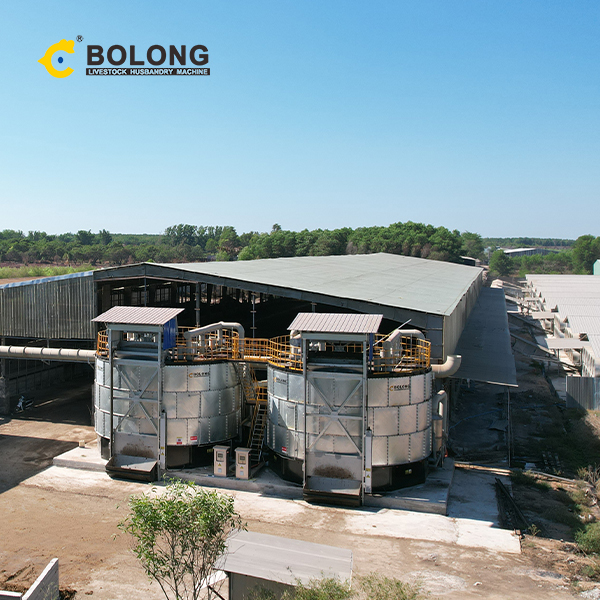Introduction: Reducing antibiotic use in livestock farming is essential for combating antibiotic resistance. Livestock fermentation tanks contribute to this goal by improving animal health and reducing disease incidence. This article explores the role of fermentation tanks in reducing antibiotic use.

Improved Hygiene: Fermentation tanks improve farm hygiene by reducing raw manure accumulation. This decreases the risk of infections and diseases, reducing the need for antibiotics.
Disease Prevention: Effective manure management with fermentation tanks helps prevent the spread of diseases. Healthier animals require fewer antibiotics, supporting efforts to minimize antibiotic use.
Pathogen Control: The high temperatures achieved during composting in fermentation tanks kill pathogens present in manure. This reduces the pathogen load on farms and decreases the risk of disease outbreaks.
Case Study: A beef farm adopted fermentation tanks and implemented improved hygiene practices. The farm observed a 40% reduction in antibiotic use due to lower disease incidence and better animal health.

Conclusion: Livestock fermentation tanks play a crucial role in reducing antibiotic use by improving hygiene, preventing diseases, and controlling pathogens. These benefits support sustainable livestock farming practices.